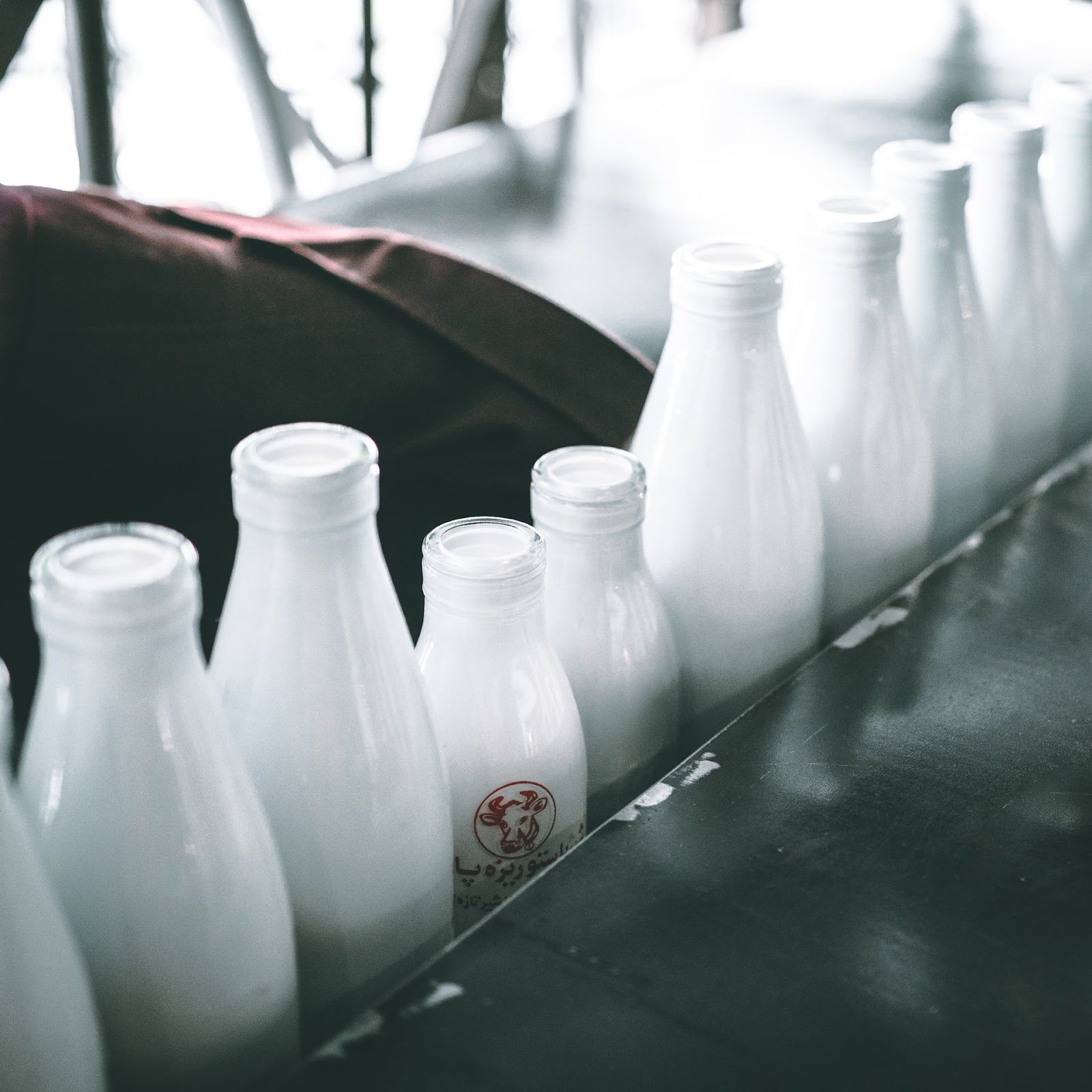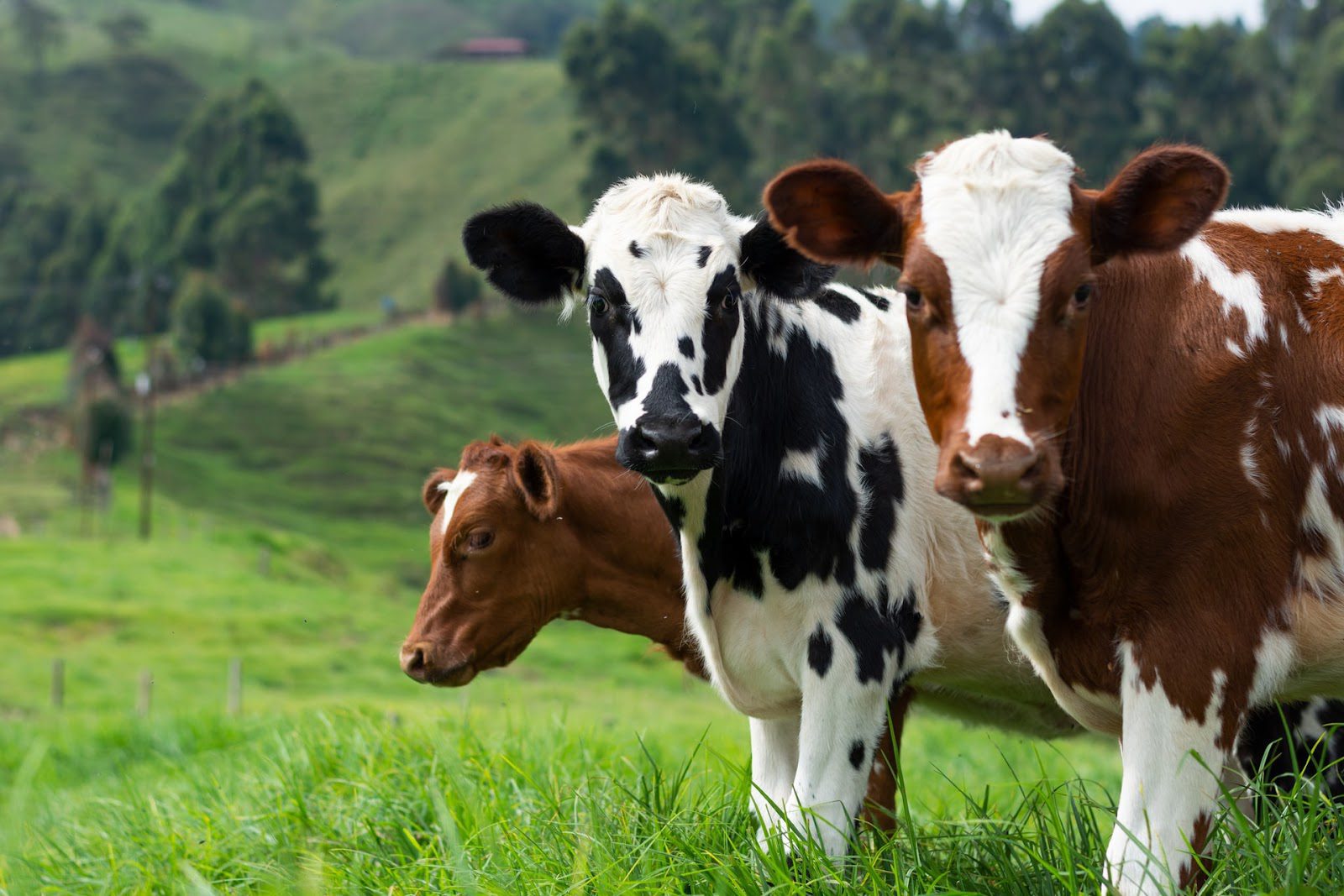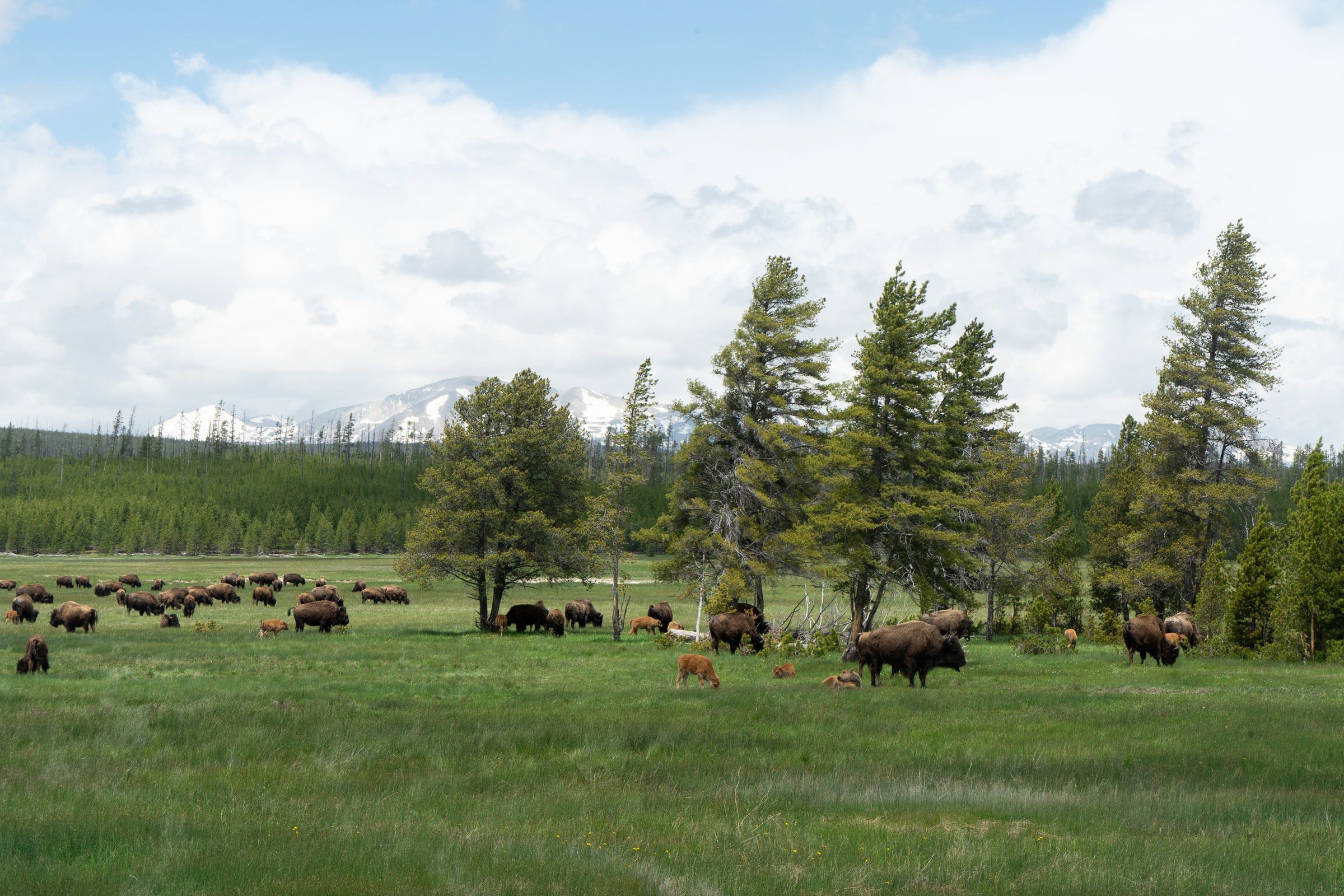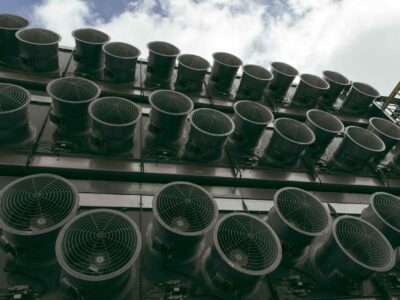The University of Idaho’s Center for Agriculture, Food and the Environment (CAFE) is focused on new ideas to improve sustainability in the dairy industry. With a $10 million United States Department of Agriculture grant and a $200,000 Anheuser-Busch donation, CAFE is studying water efficiency, cover crops, irrigation – and perhaps most importantly – cow manure. A herd of 2,000 cows is at the heart of this $45 million in new research which includes everything from improvements to rotary milking, the reduction of greenhouse gas emissions, and how to make coffee cups and plastics out of manure.

“The purpose here is sustainability for the dairy industry and for agriculture in general. Rather than studying the front end of the cow, we want to do a lot of studies on the back end of the cow,” explained University of Idaho College of Agriculture and Life Sciences Director of Government and External Relations Brent Olmstead.
“That’s where most of the problems are.”
How to dispose of cow manure is a long-standing problem on farms and ranches of all sizes. Some farmers try to bury it or re-spread it across their land, where the runoff after the rain can dump dangerous pollutants into the watershed. Sustainable, safe reuse of manure (such as biochar) is a focal point for much of CAFE’s dairy research. Work like the kind that’s being conducted in Idaho continues to make a difference – recent research on cow health and farm management reduced the environmental impact of a gallon of milk, requiring 30 percent less water, 21 percent less land, and a 19 percent smaller carbon footprint from 2007 to 2017.

CAFE is planning to improve on those numbers. The center has three main research stations: a food processing plant on campus in Twin Falls, a research farm in Rupert and a discovery complex in Jerome. In Rupert, researchers have already begun collecting more than 8 tons of soil samples for a study baseline to prepare for 2,000 head of cattle to arrive. The research is led by John Wright, a retired rancher who knows cattle like the back of his hand. He is particularly interested in how these studies will impact small dairy farmers who are a significant part of making the entire dairy industry net-zero emissions by 2050 – a job Wright calls “huge and difficult.” Wright wants to make sure farms of all sizes have the know-how and technology to do just that.
As a land grant university, the University of Idaho is focused on the future of agribusiness both in terms of environmental sustainability and financial sustainability.
As CAFE digs into studies on wastewater management, forage agronomy, food science, soil health and fertility and water protection, cattle are a key component. The industry is increasingly using robotic rotary milking systems to expand without additional labor – but these robots are proving less profitable than necessary. CAFE is focused on advancing that technology in a sustainable way.With agriculture responsible for 10 percent of all American greenhouse gas emissions, there’s plenty of room for improvement. Cows graze on 775 million acres of land in the United States, underscoring the importance of understanding the effect cow manure has on soil has implications far beyond greenhouse gas into regenerative agriculture practices that could change the future of farming for the better. In Idaho, the third-largest dairy-producing state in the nation, more than two million cattle graze on 11 million acres – making it a perfect location for research designed to positively impact the health of not only the cattle but the humans who rely on them for milk and food.




